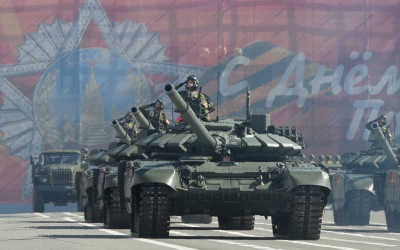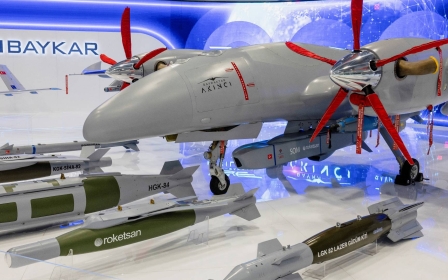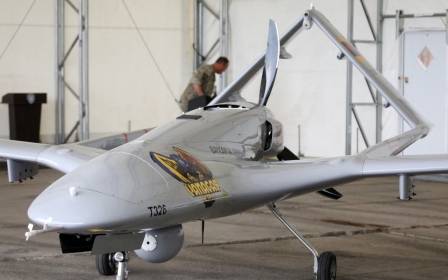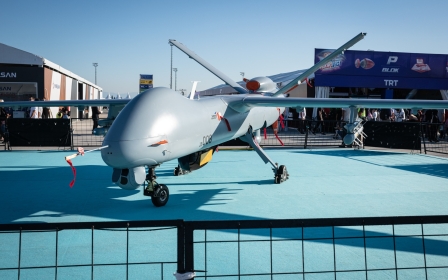In a pivotal shift, the Middle East emerges as an arms exporter
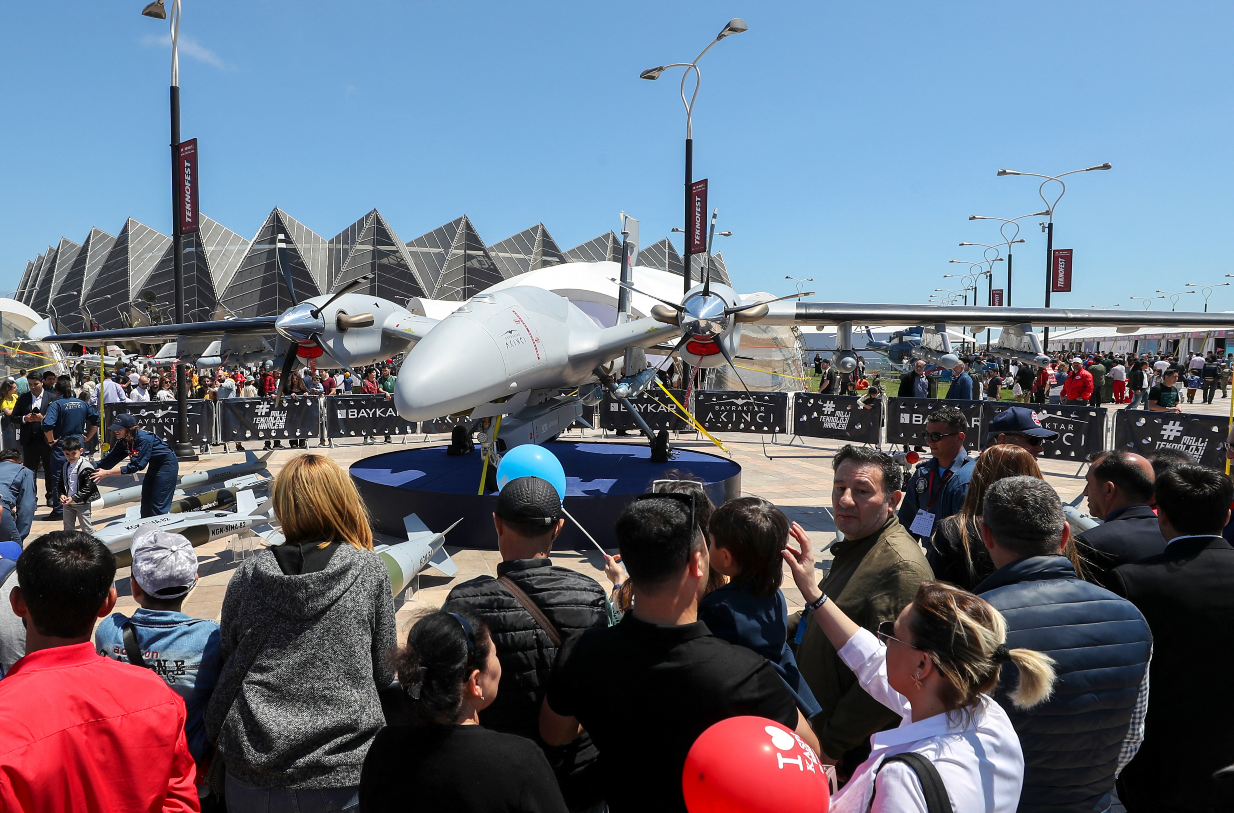
The Middle East and North Africa region is emerging as a significant arms-producing area, according to an overview of the arms industry by the Stockholm International Peace Research Institute (Sipri) published on 1 November 2022.
The development marks a pivotal shift for a region that has historically relied on outside powers like Russia and the US for military acquisitions and build-ups.
While Israel has maintained its spot as the main arms exporter in the Middle East, countries such as Turkey and Iran have been positioning themselves as key producers.
Turkey was already the 12th largest supplier of major arms globally before the war in Ukraine. It has since shot to prominence by supplying Bayraktar TB-2 drones to Kyiv. On the opposite side of the conflict, Iran has stepped in, providing Russia with cheap drones, like the Shahed-136, produced from commercially available component parts.
The rewiring of the arms trade in the Middle East comes as traditional superpowers reassess their ability and willingness to sell arms abroad.
New MEE newsletter: Jerusalem Dispatch
Sign up to get the latest insights and analysis on Israel-Palestine, alongside Turkey Unpacked and other MEE newsletters
Russia’s defence industry has been crippled by western sanctions and export controls, leaving its clients in the region struggling to find component parts for weapons systems, Middle East Eye reported previously.
In the US, some lawmakers, including Robert Menendez, the Democratic senator from New Jersey who chairs the powerful Senate Foreign Relations Committee, have demanded that the US temporarily halt weapons sales to Saudi Arabia over its backing for an Opec+ oil production cut.
Progressive members of President Joe Biden’s Democratic Party have also questioned sales of military equipment to governments like those of Egyptian President Abdel Fattah el-Sisi over human rights concerns.
Middle Eastern states are working to shore up their domestic manufacturing.
In March 2022, the chief executive of Saudi Arabian Military Industries (SAMI) revealed that the kingdom plans to produce a Saudi-made drone and establish one of the world's biggest munitions factories. Riyadh has also turned to China for technological assistance.
Even Jordan, a relatively small military player compared to its neighbours, is emerging as an arms exporter. According to Sipri, the country of 10 million was the 25th largest supplier of armaments in the world between 2017-2021, although this was mainly due to the export of second-hand equipment like combat helicopters and armoured personnel carriers.
A recent pragmatic drive by some regional states has also opened room for more military cooperation.
The UAE and Turkey found themselves on opposing ends of the conflict in Libya and wider issues such as support for the Muslim Brotherhood. However, they have since moved to repair ties, and in September the UAE purchased 20 Bayraktar TB2 drones from Ankara.
Middle East Eye delivers independent and unrivalled coverage and analysis of the Middle East, North Africa and beyond. To learn more about republishing this content and the associated fees, please fill out this form. More about MEE can be found here.


